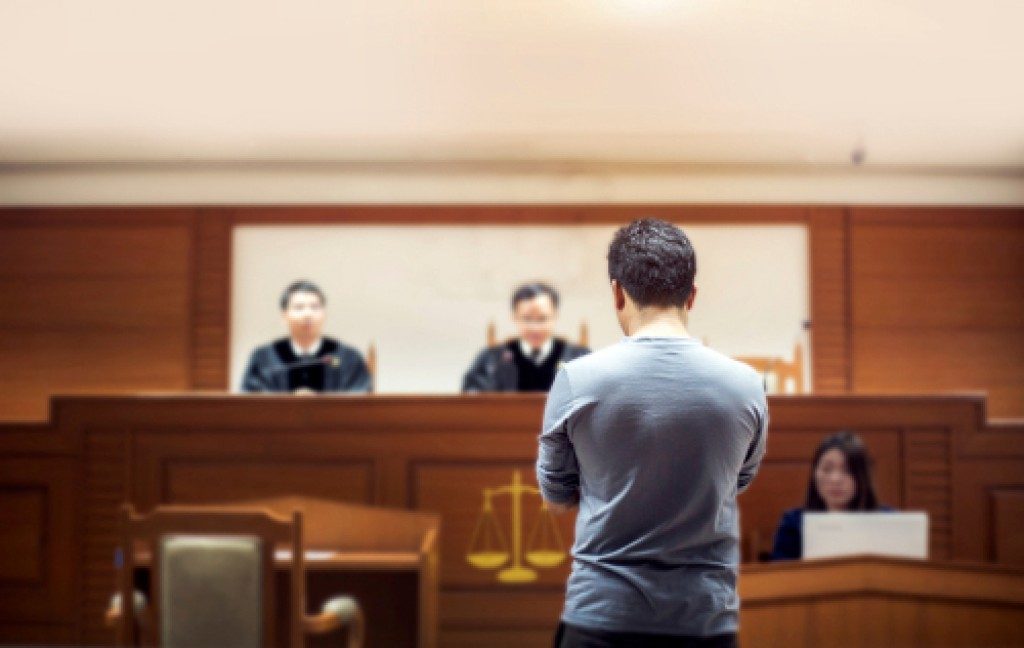No one wants to be accused of committing a crime they didn’t commit, unfortunately, this happens all the time. An alleged victim or witness could falsely identify a supposed culprit, and the surrounding circumstances could result in the police thinking that the alleged offender committed the crime. Worse, the court could even formally charge an innocent individual with a crime that he or she didn’t actually commit.
What You Should Do
If you’ve been falsely charged or accused, the first thing you should do above anything else is to talk to a criminal defense attorney in Lynnwood. If possible, collect evidence available to you like videos, photos, clothing, etc. This includes records and documents relevant to your case including legal or financial records and correspondences if your alleged crime is related to business or finance. You should also gather phone, GPS, or computer records that might clearly demonstrate where you were during the time of the crime. Next, list down crime scene evidence such as documents, bullet casings, or blood that you know will be used against you, but can’t take with you due to the investigation. Think of possible witnesses and then get their contact details. When you meet with your lawyer, bring everything you’ve collected.
What You Shouldn’t Do
Now that you know what you should do after being wrongly charged or accused of a crime, there are also certain things that you should never do. For starters, you shouldn’t speak with investigators or law enforcement officers without your lawyer and speak to the victim and witnesses about the ongoing case or try to contact them in any way. You also shouldn’t destroy any evidence because this will communicate to the court that you are trying to hide something because you’re guilty. This could also result in more criminal charges for you. Additionally, don’t readily hand over evidence or undergo any testing, like a DNA test, without your lawyer, even if doing so demonstrate that you’re not guilty.
What if You Were Wrongly Accused, But Not Formally Charged Yet?
In the event that this happens, you should discuss the situation with your lawyer first to obtain more specific advice about what you should and shouldn’t do. You’re probably thinking that you should at least talk to your accuser to try and sort things out, especially if you have some kind of relationship with the person, however, DO NOT DO THIS, under any circumstances. Doing so could just make things between you and the alleged victim or accuser. The prosecution might even accuse you of trying to intimidate the accuser. With this in mind, talk to your lawyer first if you believe that speaking with the alleged victim or accuser might help your case.
How to Protect Your Rights

Being wrongly charged or accused of a crime is immensely stressful, particularly if the events occur very suddenly. In the event that this happens to you and can’t remember the recommendations above, if nothing else, remember this: don’t talk to anyone before you’ve had a chance to consult your lawyer and keep any proof you have in your possession.

